Two inactivated mycobacterial vaccines show partial protection against paratuberculosis
Vaccination against paratuberculosis, a chronic inflammatory bowel disease that especially affects ruminants, has been considered an effective control measure. However, its protection is not absolute, and the mechanisms by which the vaccine or its components confer protection have not been fully clarified.
In a study led by the University of León, in which the NEIKER Animal Health Department has participated, the effect of two inactivated mycobacterial vaccines, one of Mycobacterium avium subsp. paratuberculosis (Map), the bacterium responsible for paratuberculosis, and another Mycobacterium Bovis (Mbv) and its components (adjuvant and inactivated bacteria) in a model of infection in goats.
The groups treated with the complete vaccines showed a reduction in lesions together with a significant humoral and cellular response. A reduction in the number of granulomas was also observed in the immunized groups, both with the inactivated bacteria and with the adjuvants, compared to the non-immunized infected group, indicating that the components separately also exert protection.
In the case of the groups immunized with adjuvant, this reduction in lesions occurred in the absence of a detectable peripheral immune response. No changes were detected in the proportion of lymphocyte subpopulations at the local and peripheral levels associated with immunization or infection.
In short, the two vaccine products prepared, one based on Map and the other on Mbv, showed partial protection against Map infection determined by histological examination. The reduction in lesions observed in the groups immunized with adjuvant suggests that these compounds potentiate a non-specific response that reduces the development of granulomatous lesions.


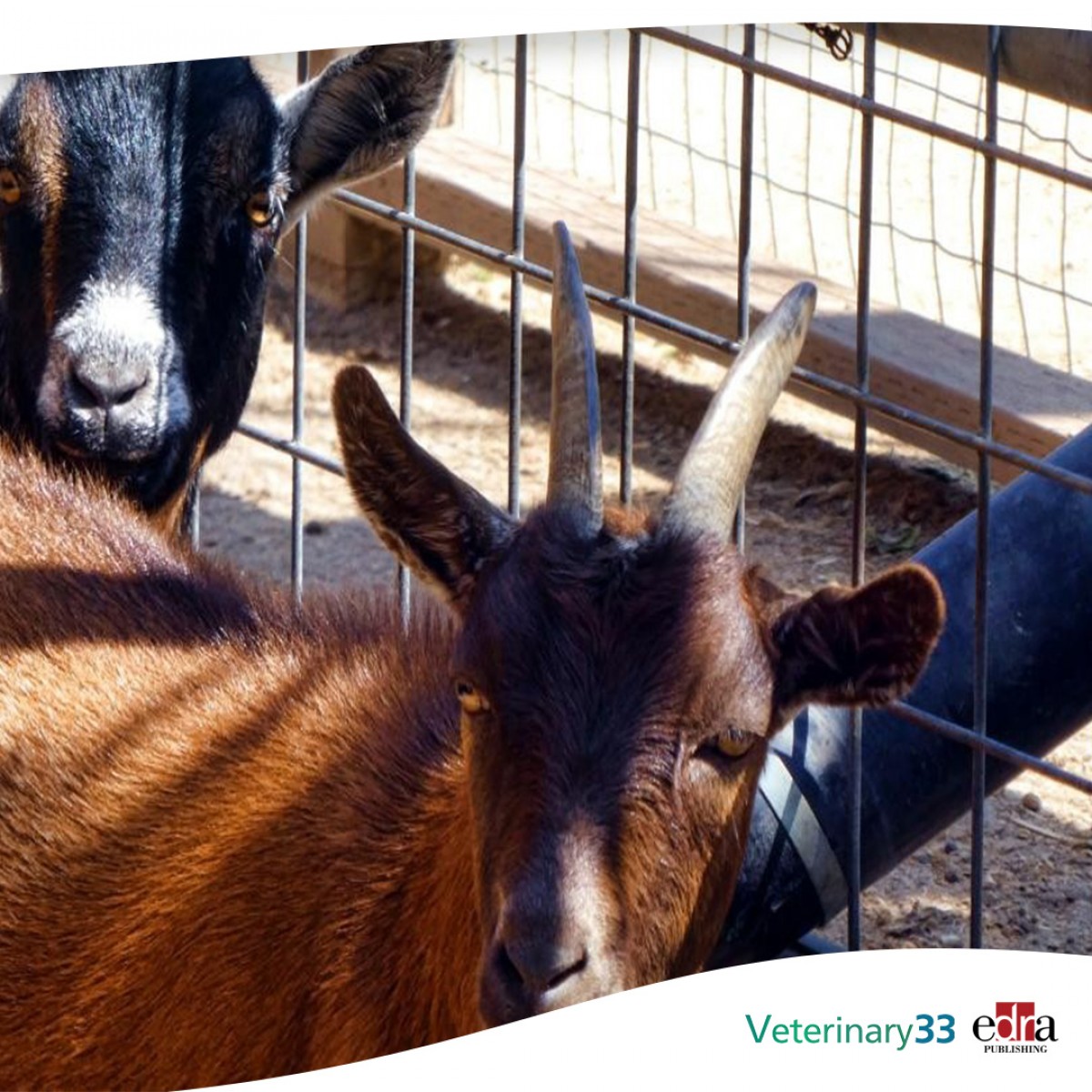
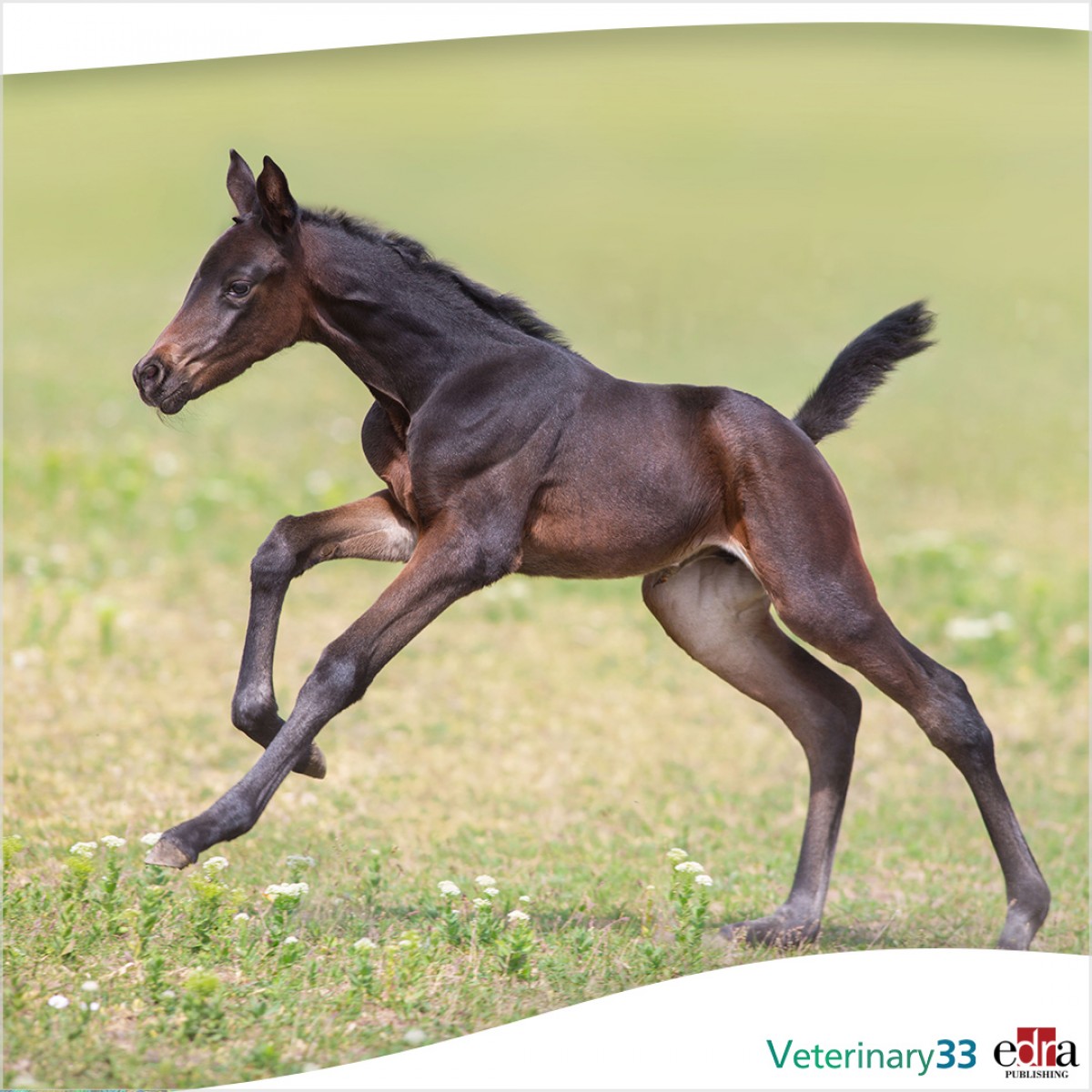





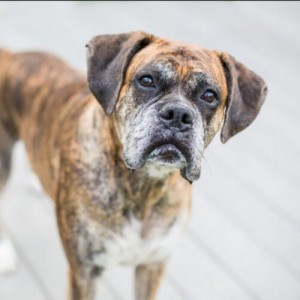
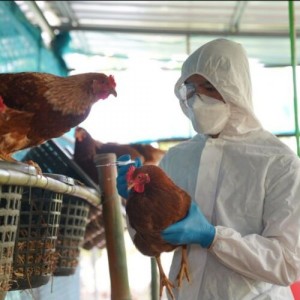
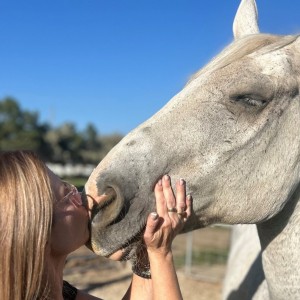
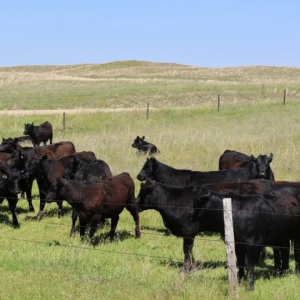

List
Add
Please enter a comment